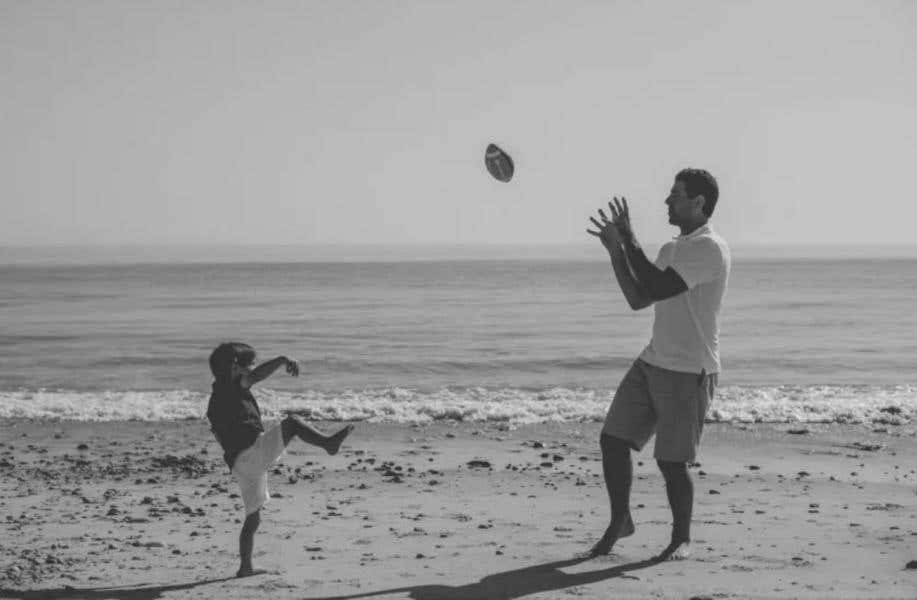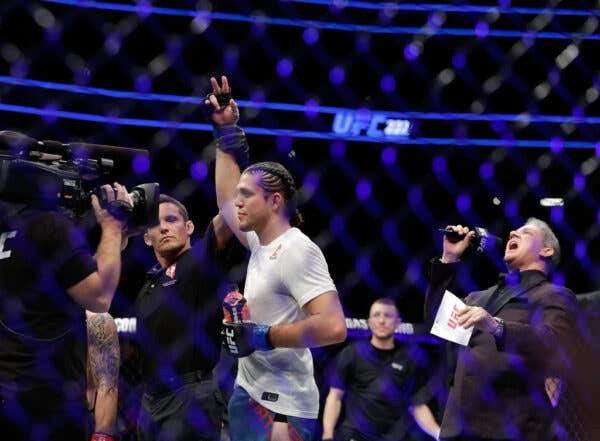
There are many life lessons to be taken from coaching youth sports. Sometimes, they can be the same lessons your little players are also learning. Perhaps as an adult, you are simply learning these lessons again. Or you may just be interpreting them through a different lens.
"If You Ain't 15 Minutes Early, You're A Half An Hour Late"
This is the first memory I have as a kid playing basketball. It's a sentence I will never forget. My coach was a former standout at the University of South Carolina. He treated us as if he was the actual Division One South Carolina coach, and we were his 5-star recruit players about to enter March Madness. We were ten years old. It sounds intense, I understand, but herein lies the first rule of coaching youth sports. There are some values that are non-negotiable.
When you break it down, these values are all centered around respect. Respect for yourself and those around you. Respect becomes a way of life. It's how an athlete carries themselves and how they approach the game. Therefore, it's important as a coach to ask yourself if respect is present in the environment you and your team are creating. It has a way of applying to everything while also being an evolving process.
Speaking of which, more often than not, youth coaches are volunteers. This means that they are not paid. Sometimes, they never even played the sport they are coaching. However, they care enough to dedicate their time and attention to help make the sporting experience memorable for the youth program. So keep that in mind and cut them some slack. This is true of referees and umpires, as well.
Coaching youth sports can be a year-round commitment. We often end one season and immediately transition to the next sport. Here are five life lessons learned from coaching youth sports.
The Meaning of Hard Work
There’s no better feeling than working tirelessly for something you really want, and then accomplishing it. Especially if you are an underdog. You learn to enjoy the struggle. It makes the reward that much sweeter. The most valuable lesson from this piece is that once you dedicate yourself to putting in whatever it takes, this becomes a mindset. No win comes for free. You aren't entitled to playing time. Both of those must be earned. There's nothing wrong with reminding yourself of that while preaching to your kids about how to get playing time.
The Importance of Exercise
Your definition of exercise might be a sweaty cardio workout in the gym. But as a coach, exercise has a broad meaning. Certainly, getting yourself outside with a team and teaching them the importance of stretching and preparing your body is essential to physical success. Coaching a sport like football, for example, your two hours a day on the field are laser-focused on just that. There, you are giving yourself some mental exercise, taking a break from all the other work, stress, or life-circumstances. You can forget everything else when you hit the field, court, or rink.
Treat Everyone The Same, But Coach Them Differently
Whether you manage a soccer team or a sales team, you're leading a collection of individuals. What makes your top performer tick is not the same as what makes a lesser player (or employee) with potential, tick. This lesson centers around relationship-building and listening. How you run your team is about you, and how your players apply these guidelines is about them.
Nobody Is Going Pro At 10 Years Old...
...Nor are they getting a full scholarship offer to a top NCAA college at this age. You may see things in your kid or another on the team where your experience makes you think a certain player has a shot at the big time. But that time is not right now. Your coaching duty is to give the best experience possible to your players. How does creating an entire game plan around one super-talented 10-year old give the other 20 kids a fair chance? How does it give them a memorable experience? Or something to build off for next year. Or confidence. Again, those refereeing your games are most likely high school or college kids themselves. They're just trying to work and earn some money. Again, cut them some slack.
You Matter
Your tone in addressing your players, the refs, and the other team matters, too. Be cognizant of how you deliver your messages. You may have an incredibly impactful point to make, but if you don't articulate it correctly, and cater to your audience, it can be useless. Coaching youth sports is about the overall experience, not the final score, and not the final record. Your stats don't matter, your voice does.





